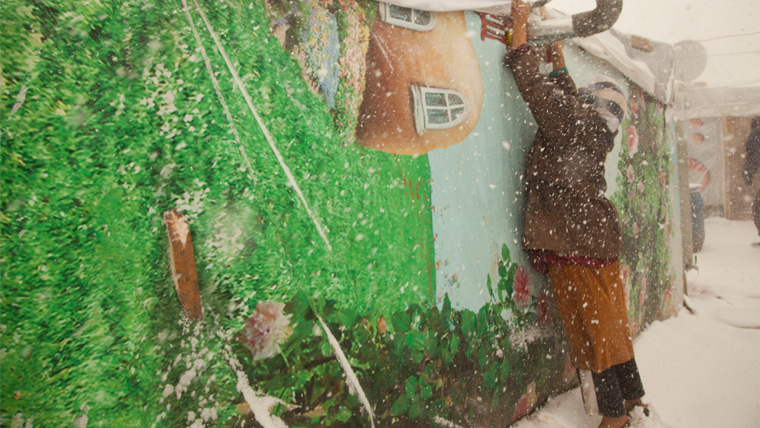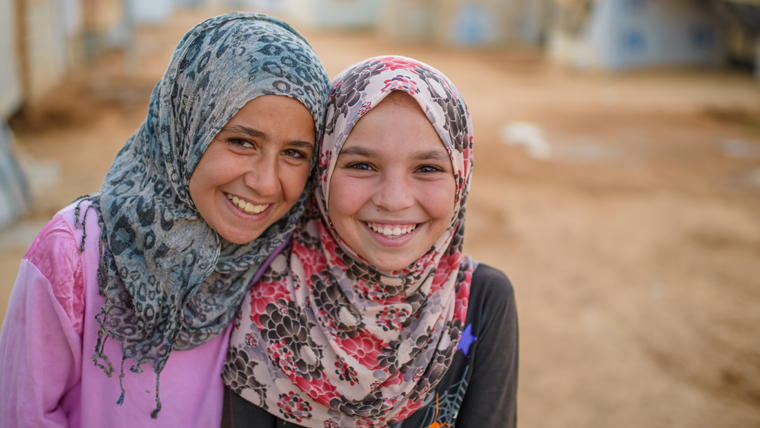It Could Have Been Me
Joanna is a member of our Humanitarian team and recently visited Syrian refugees in Lebanon. As she explains below, this was a visit like no other that had a lasting impact on her feelings for the refugees.

By Joanna Garbalinska, Emergency Programmes Officer, World Vision UK
I got quite overwhelmed when I started writing this piece. Where do you start when talking about the largest refugee crisis since Rwanda?
Should I start by telling you that the Syria Crisis has been going on for 1110 days?
... That 2.2 million Syrians live as refugees in neighbouring countries?
... That 6.5 million people have fled their homes inside Syria are now internally displaced? Half of whom are children.
... That 9.3 million people are in need of humanitarian assistance? That's almost the same as the population of my home country, Sweden.
But these are just numbers. It is hard to grasp what they really mean.
My hardest visit
A few months ago I travelled to Lebanon. And it was probably the toughest field visit I have done so far. Why? Because it could have been me.
Not all, but many Syrian refugees led similar lives to yours or mine. In the large cities, like Damascus, many people lived comfortable lives: they were educated, had good jobs, enjoyed time with friends and family, went to the cinema... to the museum...
And then imagine you have to flee because your house is bombed. You leave with your family, with only the clothes on your back and maybe some money in your pocket. You find yourself in a different country. Living in a room with five, six, seven other people.
You might have had a great job before – now you do nothing. Your children went to school – now they do nothing. You go from being someone in your community — a contributor to the society you live in — to being no one. To standing in line for bread.
You not only lose your belongings, family members, you lose part of your identity.
It was so easy to empathise with the refugees I met because it could have been me.
So it makes it easy to despair, to lose hope. But then I got to see the results of the work we do here at World Vision. And even though it sometimes feels like a drop in the ocean, the Child Friend Spaces that WVUK is funding, for example, are making a difference.
And that makes it all worth it.
So let’s never lose hope and never forget that these people rely on the work that we do, the support that you bring and the prayers that we share.

If you had just 2 words that you could send to the children of Syria, what would you say to them? Tell us on our Facebook page.